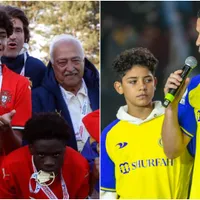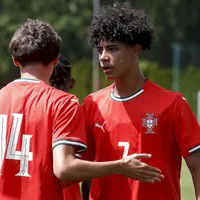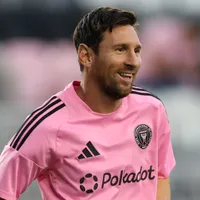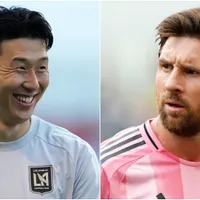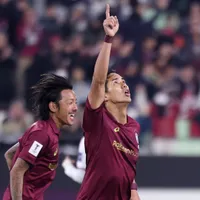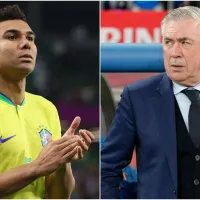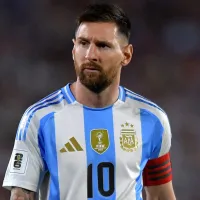Joshua Kimmich said before the game that Germany needed to avoid a poor one-goal loss at the World Cup. They have begun their last two major tournaments the same way. And then gone out in humiliation.
But the tactical staleness that characterized Germany’s decline under the latter reign of Joachim Löw remains under Hansi Flick. In a classic game of two halves, when Japan upped the tactical stakes in the second half, Germany had no plan B.
Japan strikes at the heart of Germany’s problems
What could be called the “Robin Gosens problem” from Germany’s last major tournament – building a strategy around the team’s least established player – seemed reincarnated in David Raum in a conservative first half. Neither team risked much, Germany gently probing and were rewarded with a penalty through Raum’s advances; and Japan promising on the counter until Germany’s ball retention and control of the game improved as time wore on.
But Germany were too comfortable. When Japan introduced an extra defender at half time to counter Germany’s attacks down the left flank, the problem was solved. Japan pressed aggressively, held a higher line, and the added dynamism in midfield turnovers played to their advantage.
By the close of the game, a clueless Germany were humbled to the sight of Manuel Neuer running forward for corners and free kicks. Meanwhile Japan’s incisive options on the wings came alive. Both their goals were scored by attacking substitutes. In comparison, Hansi Flick’s response to the Japanese equalizer was unimaginative: two like-for-like substitutions and no tactical spice.
Entertainment and anxiety
After endless politics, and three no-score draws in the tournament’s first nine games, some pure entertainment should have been nice. The ponderous first half even threatened to make the German team photo – a protest at FIFA’s handling of the One Love armband – the highlight of the day.
But the second-half surprise spelled anxiety, not delight. Japan were tactically superior and physically more willing. Flick had little to show by throwing on his headline additions to the squad, as Gotze, Hofmann, Fullkrug, and Moukoko achieved little.
The appointment of Hansi Flick was supposed to restore Germany to a club of tactically advanced international nations after their stagnation under Low. But there was no reimagining here of Flick’s Champions League-winning Bayern Munich side. Although Jamal Musiala showed flashes of skill, he and Kai Havertz were fairly muted as Germany’s front six failed to gel. Build-up play relied too much on the mechanical prodding of years gone by – see repeated possession recycled to an advanced left-back.
Off the pitch, the Germany football association is said to be considering an appeal to the Court of Arbitration for Sport, furious at FIFA’s refusal of the One Love armband.
German football’s current risk is the prospect of bigger headlines off the pitch than on it.
Photo credit: IMAGO / Xinhua

